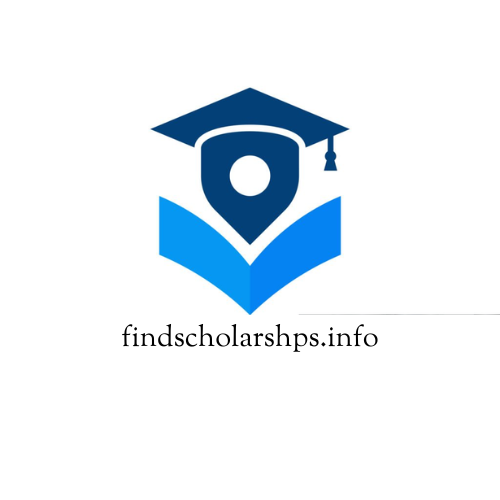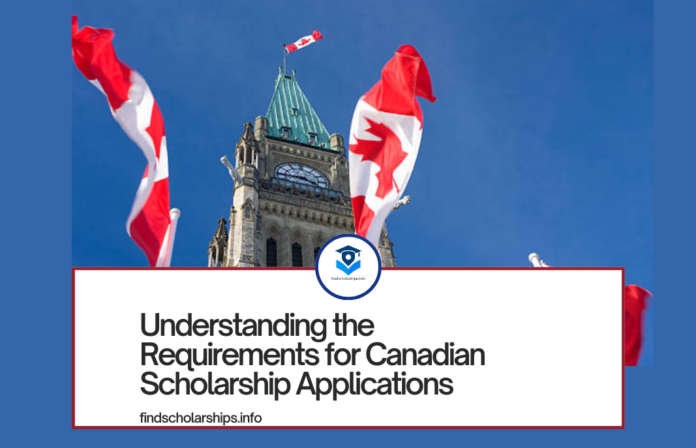Understanding the Requirements for Canadian Scholarship Applications. Applying for scholarships in Canada is a fantastic opportunity for international students to reduce the financial burden of their studies. However, understanding the common eligibility criteria and requirements is crucial for a successful application. Here’s a comprehensive guide to help you navigate these requirements.
Common Eligibility Criteria
1. Academic Excellence
One of the primary criteria for most scholarships is academic performance. This is usually measured by:
- Grade Point Average (GPA): Many scholarships require a minimum GPA, often around 3.0 or higher on a 4.0 scale.
- Standardized Test Scores: For some scholarships, high scores on standardized tests like the SAT, ACT, GRE, or GMAT may be required.
2. Field of Study
Certain scholarships are designated for specific fields or programs. For example:
- STEM Fields: Scholarships for science, technology, engineering, and mathematics.
- Arts and Humanities: Scholarships for students in the arts, social sciences, and humanities.
- Professional Programs: Scholarships for programs like business, law, or medicine.
3. Nationality and Residency
Many scholarships specify the nationality or residency status of applicants:
- International Students: Some scholarships are exclusively for non-Canadian students.
- Specific Countries: Certain scholarships may target students from particular countries or regions.
4. Enrolment Status
Applicants often need to be enrolled or accepted into a Canadian institution. This can include:
- Full-Time Enrolment: Many scholarships require students to be enrolled full-time in a degree program.
- Accepted Students: Proof of acceptance into a Canadian university or college may be necessary.
5. Financial Need
Some scholarships are need-based, meaning applicants must demonstrate financial need. This typically involves:
- Financial Statements: Documents detailing family income, expenses, and financial obligations.
- Scholarship-Specific Forms: Specific financial need forms required by the scholarship provider.
6. Leadership and Extracurricular Activities
Scholarships often look for well-rounded individuals who show leadership potential and involvement in extracurricular activities:
- Leadership Roles: Positions held in clubs, organizations, or community service.
- Volunteer Work: Participation in volunteer activities and community service projects.
Common Application Requirements
1. Transcripts and Academic Records
Most scholarships require official academic transcripts. These should include:
- High School Transcripts: For undergraduate scholarships.
- University Transcripts: For graduate or postgraduate scholarships.
- Translated Documents: If transcripts are not in English or French, certified translations may be necessary.
2. Letters of Recommendation
Strong letters of recommendation are critical. These should be from:
- Teachers or Professors: Who can attest to your academic abilities.
- Employers or Mentors: Who can speak to your leadership and character.
3. Personal Statement or Essay
A personal statement or essay allows you to showcase your personality, goals, and motivations. Tips for a strong essay:
- Be Specific: Tailor your essay to the scholarship you are applying for.
- Highlight Achievements: Emphasize your accomplishments and how they relate to your field of study.
- Show Passion: Convey your passion for your chosen field and studying in Canada.
4. Proof of Language Proficiency
For non-native English or French speakers, proof of language proficiency is often required:
- English Proficiency Tests: IELTS, TOEFL, or other recognized tests.
- French Proficiency Tests: TEF, TCF, or other recognized tests.
5. Resume or Curriculum Vitae (CV)
A well-structured resume or CV should highlight:
- Educational Background: Degrees, diplomas, and certifications.
- Work Experience: Relevant jobs, internships, or volunteer work.
- Skills and Achievements: Special skills, awards, and honors.
6. Application Form
Most scholarships will have an application form that needs to be completed. Ensure:
- Accuracy: Double-check all information for accuracy.
- Completeness: Make sure all required fields are filled out.
Conclusion
Understanding the requirements and eligibility criteria for Canadian scholarship applications is essential for a successful application process. By thoroughly preparing and ensuring you meet the necessary criteria, you can enhance your chances of securing a scholarship to study in Canada. Good luck!



